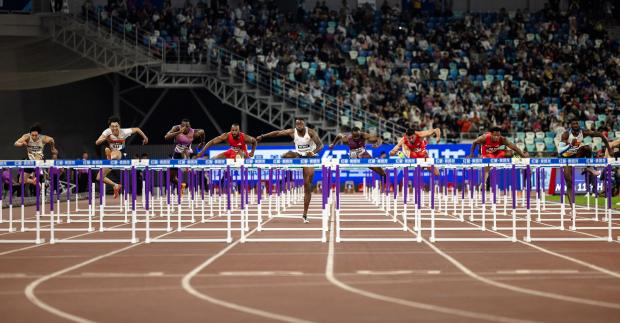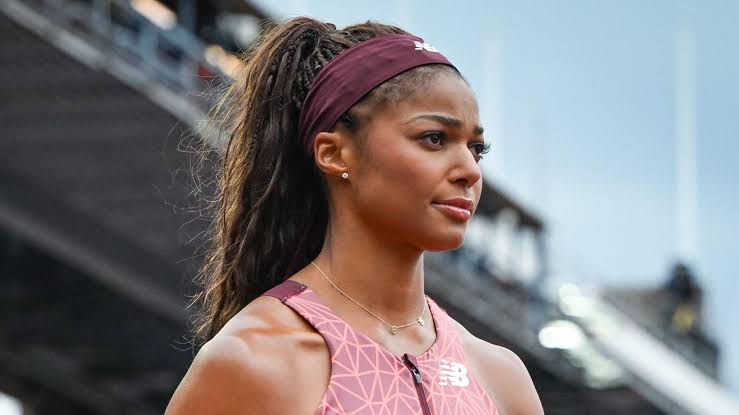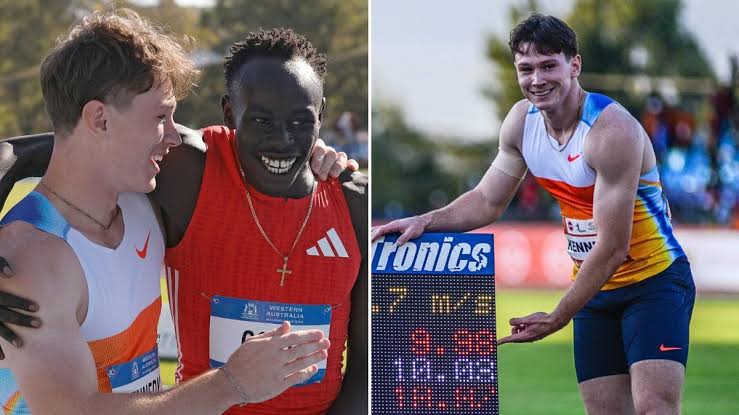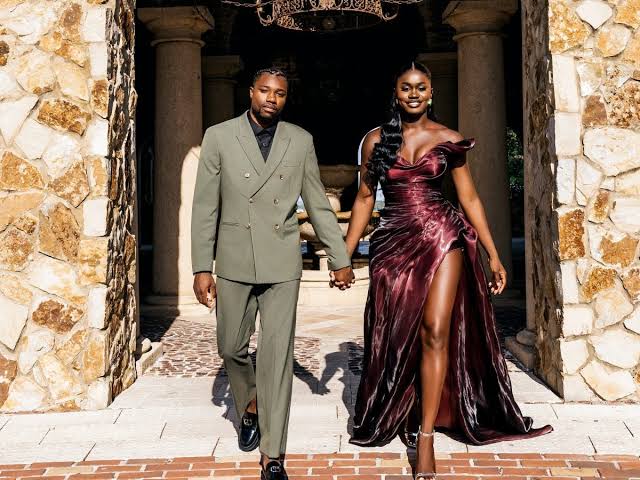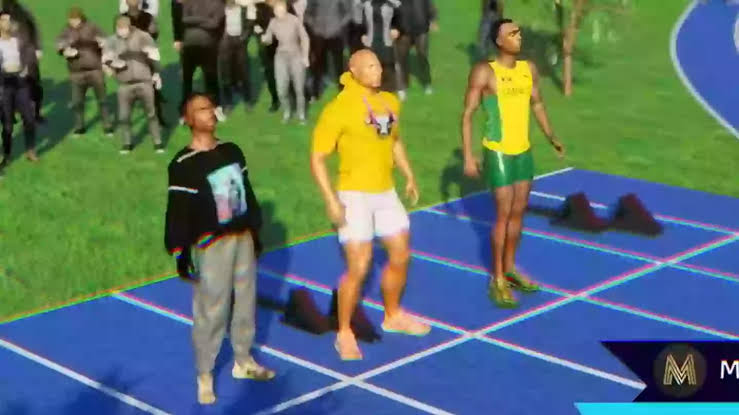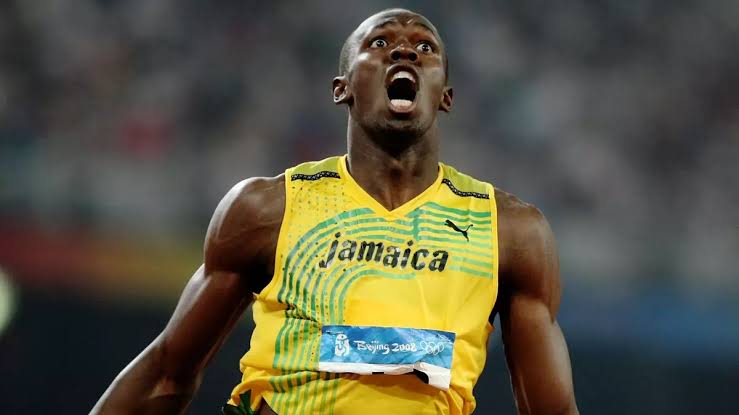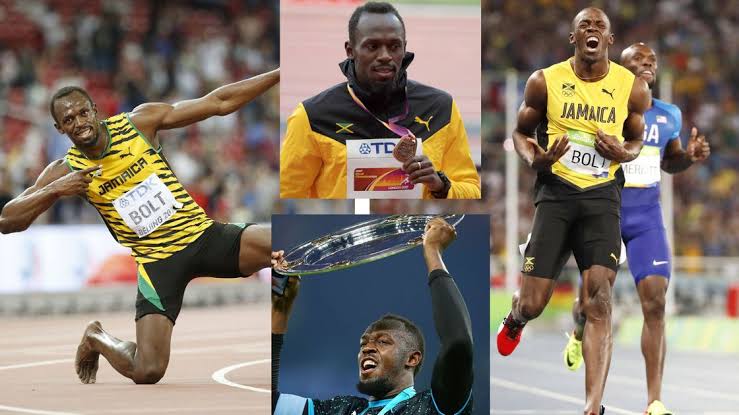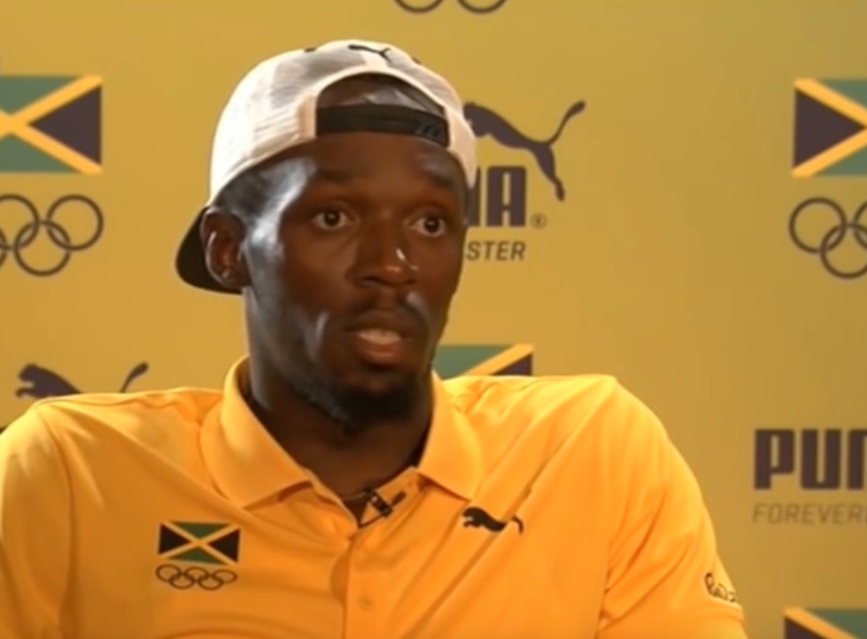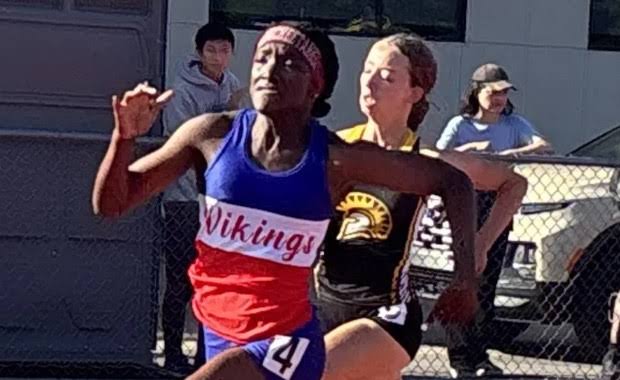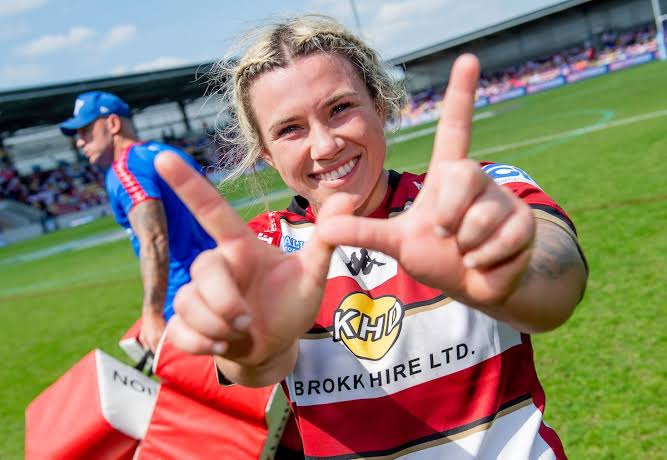Follow track & field and want to know where the best athletes in the world go head-to-head? We’ve got you covered. Let’s dive into the details of the world’s premier global track and field series, the Diamond League, which is broadcast live on FloTrack in the U.S.
What is the Diamond League?
The Diamond League is a high-octane, world-class professional track and field series, featuring the top track & field athletes in the world. Think of it as the NBA of track & field, but with fewer dunks and more world records. It started in 2010 and has grown to become one the most exciting and prestigious series in track & field.
The Diamond League features 15 meets with the world’s best competing across the globe in places like China, Doha, London, Monaco, Paris, and Eugene, Oregon. It’s high stakes, with the athletes chasing points that could give them a shot at the coveted Diamond Trophy at the end of the season.
Athletes can also earn big money during the season. They can earn $10,000 – $20,000 by winning their event during a regular season meet, and $30,000 – $50,000 by winning their event at the Diamond League Final.
Including promotional fees for top athletes and prize money, a total of around $18 million will be paid to athletes during the 2025 Diamond League season.
How Does the Diamond League Work?
The Diamond League is a battle for points. Here’s how it works:
1. Series of 15 Meets The Diamond League runs from April to September. Each Diamond League meet features a different set of track & field disciplines – you’ll see a mix of sprints, distance races, hurdles, jumps, and throws.
2. Points for Performance: Athletes earn points based on their finishing position in each event. The winner gets 8 points, second place earns 7 points, third place gets 6 points, and so on. The top performers in each event (like the men’s 100m or the women’s 400m hurdles) will then battle it out in the final meet to determine the winner.
3. The Final Showdown: The series culminates in a grand finale, where the top athletes from each event compete for the Diamond Trophy. It’s like the championship game for track, and the athlete with the most points at the end of the season gets the ultimate reward: a Diamond League Trophy plus a cash prize.
Why Should High School Athletes Care About the Diamond League?
If you’re a high school track & field athlete, here’s why you should be paying attention to the Diamond League:
1. Get Inspiration For Your Personal Goals: Watching the world’s best athletes compete in the Diamond League can help you raise the bar for yourself. Seeing athletes set world and national records on the Diamond League circuit will inspire you to shatter your state or school record or set a new personal best.
2. Find New Role Models: Top athletes like Noah Lyles, Sha’Carri Richardson, Tara Davis-Woodhall, Mondo Duplantis, Cole Hocker all compete in the Diamond League. Following their performances can teach you about how elite athletes prepare, race, and handle pressure at the highest level.
3. Become Smarter About The Sport: The Olympics aren’t the only place where elite track performances happen. By following the Diamond League, you can keep up with the sport full-time whether it’s an Olympic year or not. Also, if you aspire to run in college and beyond, the Diamond League can give you a peek into what your future might look like.
This year, the Diamond League is streaming LIVE on FloTrack and the FloSports app, and FloTrack is giving fans more Diamond League access than ever before. If you’re a FloTrack + MileSplit” subscriber, you already have access! Whether you’re a fan of sprinting, distance running, or field eve
